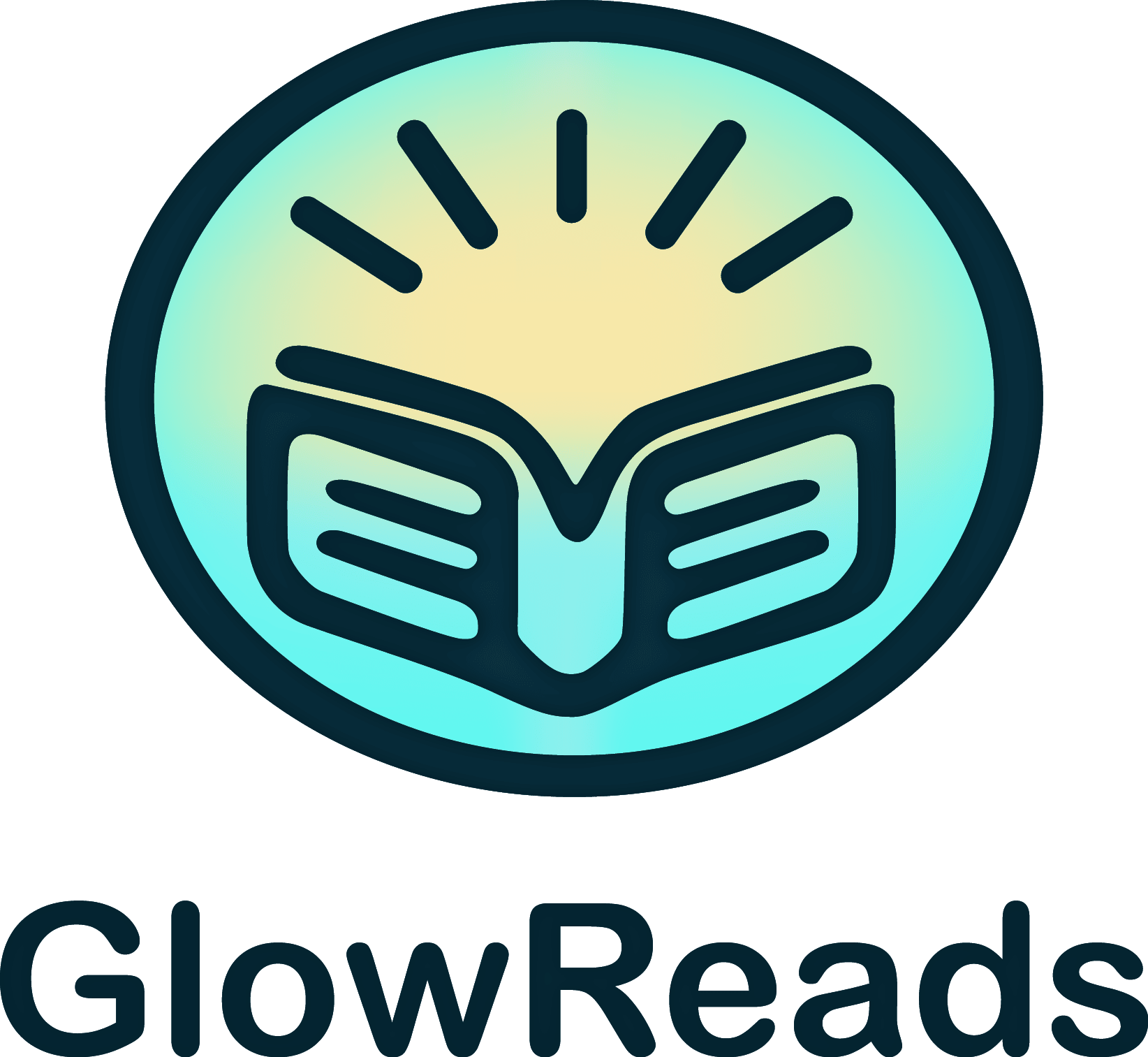Introduction: Fiction is a genre that encompasses a wide range of imaginative narratives, offering readers a chance to explore diverse worlds, characters, and stories. These works often provide rich, engaging narratives that reflect the complexities of human experience, offering both entertainment and thought-provoking insights. Fiction explores themes such as identity, society, love, and conflict, providing a window into the human condition and the power of storytelling. By engaging with fiction, readers can experience the magic and wonder of imaginative worlds, gaining a deeper appreciation for the diversity and richness of literary expression.
Key Characteristics of Fiction: Fiction is characterized by its focus on imaginative narratives that reflect the complexities of human experience. These works often involve rich character development, intricate plots, and vivid descriptions, creating a sense of immersion and connection for readers. Fiction explores themes such as identity, society, love, conflict, and personal growth, offering both entertainment and intellectual enrichment. The genre employs narrative techniques such as descriptive storytelling, dialogue, and multiple perspectives to create a rich and immersive reading experience. Fiction provides a window into the human condition, allowing readers to explore diverse experiences, cultures, and perspectives through the power of storytelling.
Popular Sub-Genres of Fiction: Fiction encompasses a wide range of sub-genres, each offering unique narratives and insights. Literary Fiction focuses on the artistic and thematic elements of storytelling, often exploring complex characters and social issues. These works provide readers with rich, thought-provoking narratives that reflect the intricacies of the human condition. Examples include “To Kill a Mockingbird” by Harper Lee and “Beloved” by Toni Morrison. Historical Fiction blends elements of fiction and history, creating rich and immersive narratives that transport readers to different historical periods. These works provide valuable insights into the social, political, and cultural contexts of the past. Examples include “All the Light We Cannot See” by Anthony Doerr and “The Nightingale” by Kristin Hannah. Science Fiction and Fantasy explore imaginative and speculative worlds, often involving advanced technologies, magic, and mythical creatures. These works provide readers with rich, immersive narratives that reflect the possibilities and challenges of the future and the power of imagination. Examples include “Dune” by Frank Herbert and “The Hobbit” by J.R.R. Tolkien.
Iconic Fiction Books: Several fiction books have gained acclaim for their compelling narratives and masterful storytelling. “To Kill a Mockingbird” by Harper Lee is a poignant exploration of racial injustice and moral growth in the American South. The novel’s rich character development, engaging narrative, and exploration of themes such as empathy, justice, and the human spirit have made it a timeless classic. “1984” by George Orwell is a dystopian novel that critiques totalitarianism and surveillance. The novel’s chilling depiction of a future society stripped of freedom and truth serves as a powerful warning against the dangers of authoritarianism. “The Great Gatsby” by F. Scott Fitzgerald is a reflection on the American Dream and the decadence of the Jazz Age. The novel’s lyrical prose, vivid imagery, and exploration of themes such as ambition, love, and moral decay have made it a beloved classic.
Prominent Fiction Authors: Several authors have made significant contributions to the genre of fiction, creating works that have captivated readers and left a lasting impact on the literary world. Harper Lee is celebrated for her masterful narrative and exploration of social issues in “To Kill a Mockingbird.” Lee’s rich character development and engaging storytelling have made her work a timeless classic. George Orwell is known for his thought-provoking and chilling depictions of totalitarian regimes in novels such as “1984” and “Animal Farm.” Orwell’s works continue to resonate with readers, reflecting the enduring relevance of his social and political critiques. F. Scott Fitzgerald is celebrated for his lyrical prose and vivid depictions of the Jazz Age in novels such as “The Great Gatsby.” Fitzgerald’s exploration of themes such as ambition, love, and moral decay have earned him critical acclaim and a lasting place in the literary canon.
Engaging with Fiction: Engaging with fiction can be both entertaining and intellectually enriching, offering readers a chance to explore diverse worlds, characters, and stories. Reflecting on the themes, character development, and narrative techniques used in these works can deepen one’s appreciation for the genre. Participating in book clubs or online literary communities can enhance the reading experience, providing opportunities for discussion and exchange of ideas. Reading reviews and recommendations from reputable sources can help guide readers in selecting fiction that aligns with their interests and preferences. By engaging with fiction, readers can experience the magic and wonder of imaginative worlds, gaining a deeper appreciation for the diversity and richness of literary expression.
Conclusion: Fiction offers readers a rich and engaging literary experience, characterized by imaginative narratives, complex characters, and vivid descriptions. By engaging with this genre, readers can explore diverse worlds, characters, and stories, gaining a deeper appreciation for the complexities of human experience and the power of storytelling. The diverse range of sub-genres and compelling narratives found in fiction provide a rich and varied literary landscape, offering readers both entertainment and intellectual enrichment. Fiction continues to captivate readers with its imaginative narratives and thought-provoking explorations, making it a valuable and enriching literary genre.
